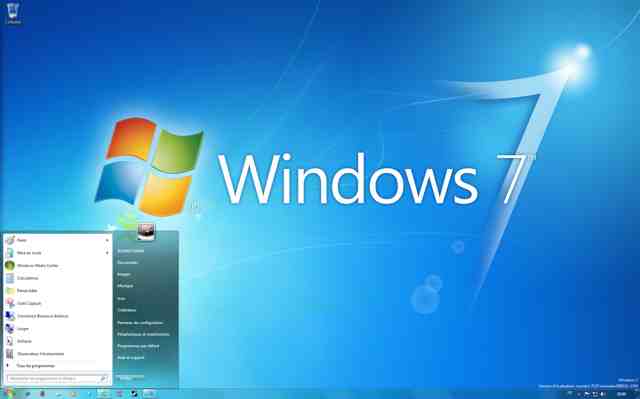Microsoft has announced via the Windows 7 Team Blog that Windows 7 will be released on October 22nd. This is a lot quicker than some people expected as Microsoft had previously announced that Windows 7 would be released in 2010.

The progress of Windows 7 has been relatively fast with the Beta (which came out in January) and the Release Candidate (which came out in June) being well received by the tech hungry Internet community. With the Release Candidate out and working, it seemed clear that Windows 7 would be ready quicker than 2010.
The main reason for this quick development of Window 7 is that Microsoft wants to dispel the curse of Windows Vista. Vista is seen by many ordinary Windows users as slow, annoying (with all the confirmations needed for even seemingly simple operations) and plagued by driver problems. It took 5 years for Microsoft to develop Window Vista after the release of XP, but Windows 7 is coming out after a spritely two and a bit years.
Pricing isn’t yet available for Windows 7, but it will probably be comparable to Window Vista and there will be upgrade options. Like Vista there will be a whole range of Windows 7 versions including Windows Home Premium, Windows 7 Professional (which is aimed at businesses), Windows 7 Enterprise and Windows 7 Ultimate. The Home Premium and Professional versions will be the most common ones.
How big will you PC need to be to run Windows 7? That isn’t 100% clear yet. The minimum specification for the Windows 7 Beta is listed below. But Microsoft is keen for Windows 7 to run on the new breed of small laptops which are commonly known as netbooks. At the moment netbooks either run Linux or XP as Windows Vista is too bloated.
- A 1-GHz, 32-bit, or 64-bit processor
- 1GB or more system memory
- 16GB or more available disk space
- Support for DX9 graphics with 128MB or more memory (in order to enable Aero theme)
- DVD-R/W Drive
There will be a special version of Windows 7 called Windows 7 Starter which is aimed at netbooks but it is expected that Windows 7 will be generally less resource hungry than Windows Vista.
For those with server interests, the release of Windows 7 will coincide with the release of Windows Server 2008 R2.
